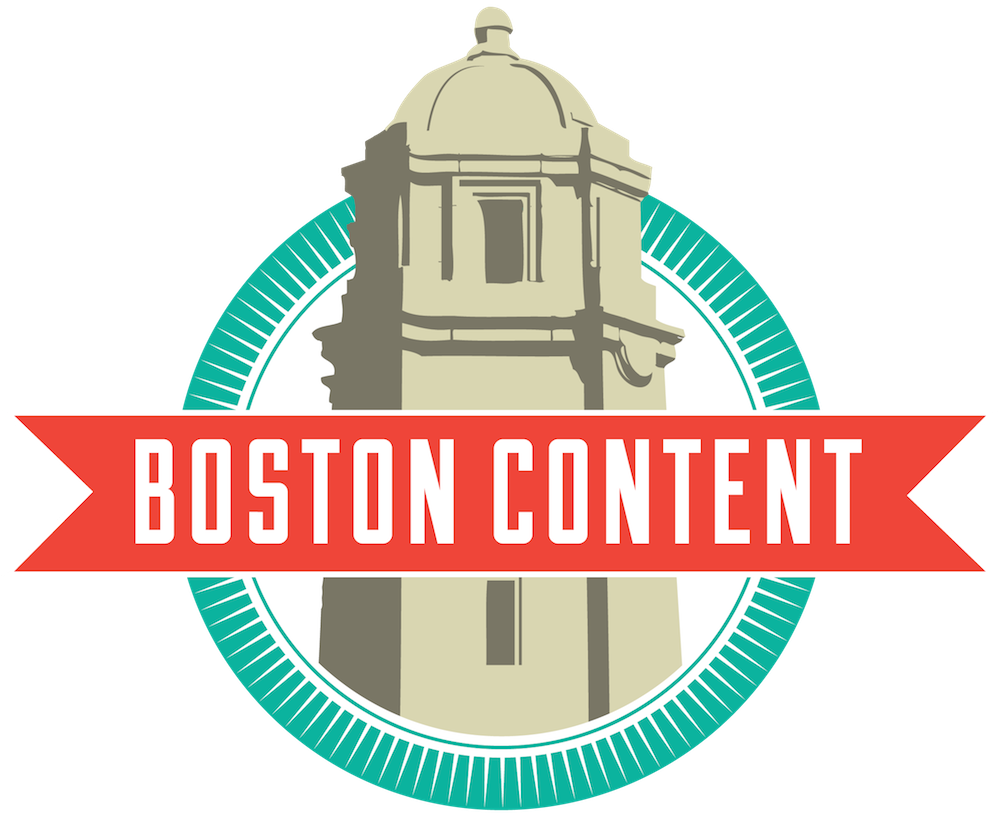Content marketing became many organizations’ must-have marketing strategy in the past few years, especially in B2B. Buyers, in both personal and professional contexts, have become immune to paid advertising and other traditional marketing strategies, and with B2C leading the way, B2B marketers made creating engaging content the top priority for 2016.
For those of us who are creating, managing and distributing content on behalf of our organization, the content boom brings with it a number of challenges, especially in terms of reaching and engaging your target buyer. Here are four I struggled with as Seismic’s content marketing manager, and some tips I received on how to overcome them.

